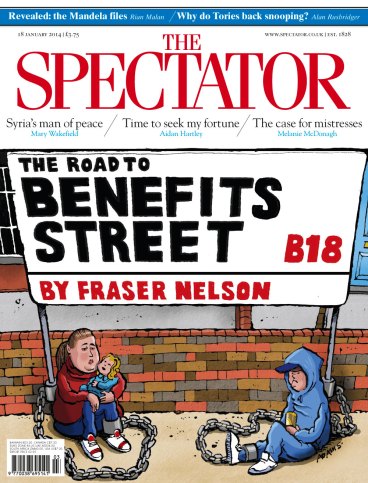My family’s better days
The Sargent painting reproduced opposite suggests the wealth and comfort that these three sisters, Mary, Madeline and Pamela, were born to. Their father, Percy Wyndham, was the younger son of Lord Leconfield of Petworth, Sussex. He was his father’s favourite, and was left by him as much of the immense Wyndham riches as was possible.









